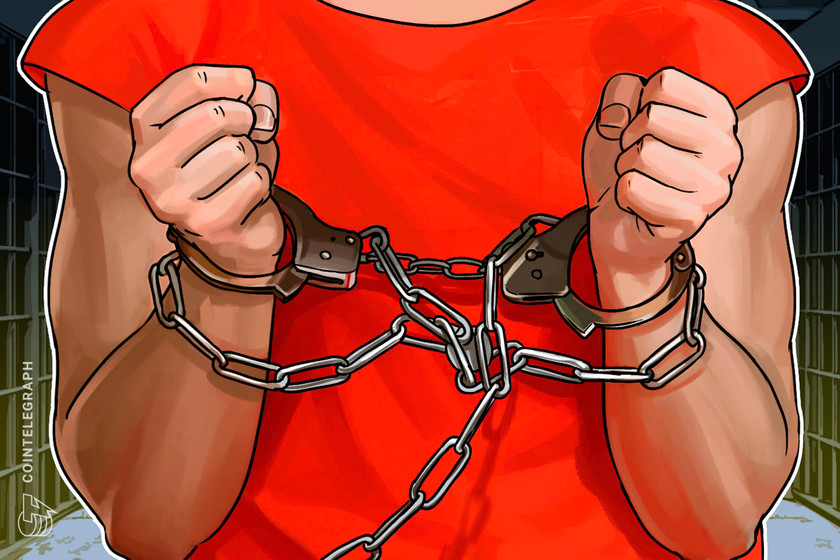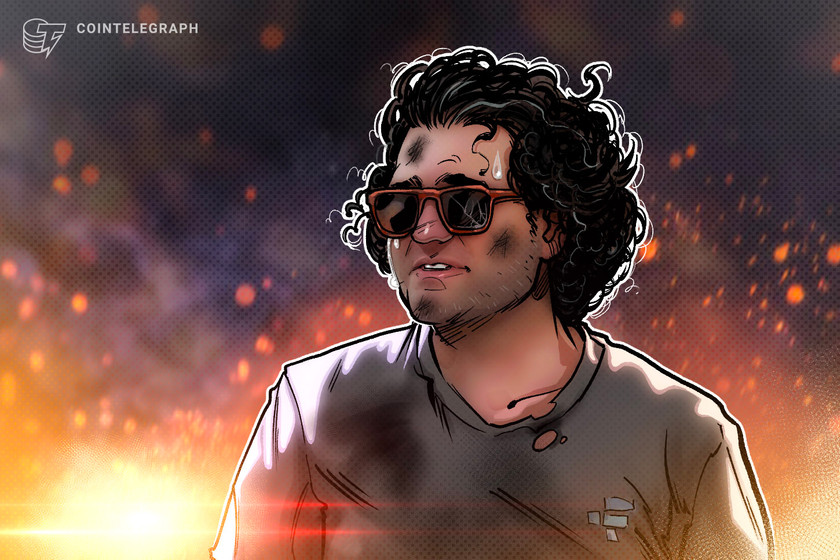South Korean authorities seize $160M in assets tied to Terra employees: Report


Prosecutors reportedly took control of houses and properties in an attempt to prevent former Terra employees from disposing of assets potentially connected to criminal proceedings.
The Seoul Southern District Prosecutor’s Office has reportedly confiscated roughly $160 million worth of assets from eight people connected to the collapse of Terraform Labs, including co-founder Daniel Shin.
According to an April 3 report from South Korean news outlet KBS, authorities seized roughly 210 billion won — $160 million at the time of publication — worth of property connected to former Terra employees, mainly in the form of real estate. Prosecutors reportedly took control of houses and properties owned by former Terra Vice President Kim Mo and an unnamed executive worth roughly $60 million and $31 million, respectively.
“We are still investigating the property ownership status of the suspects, and we plan to carry out collection preservation for the confirmed property in the future in order to recover the proceeds of crime and recover damages,” said a spokesperson for the prosecution team.
The prosecutors’ actions were reportedly aimed at preventing former Terra employees from disposing of assets in an attempt to ensure they were part of potential criminal proceedings. In November, authorities took similar measures by seizing Shin’s home in Seoul, but are reportedly still investigating other assets allegedly connected to the Terra co-founder.
At the time of publication, no South Korean court had authorized an arrest warrant for Shin. The report also did not mention any crypto assets seized as part of the investigation.
Related: Terra’s branding at MLB opener draws attention from spectators
After months without definitive public knowledge of his whereabouts following the collapse of the platform, Terra co-founder Do Kwon was arrested in Montenegro in March. Montenegrin Justice Minister Marko Kovač announced on March 29 that the local government had received requests from both the United States and South Korea regarding taking Kwon into custody.
Magazine: Terra collapsed because it used hubris for collateral — Knifefight


















